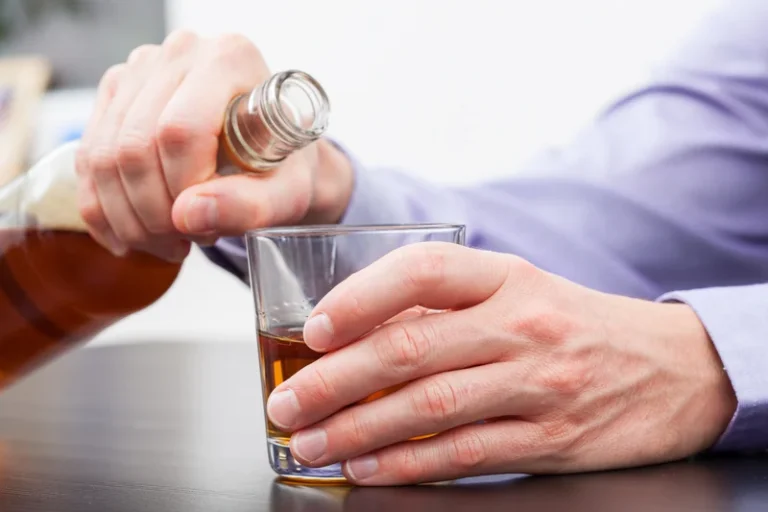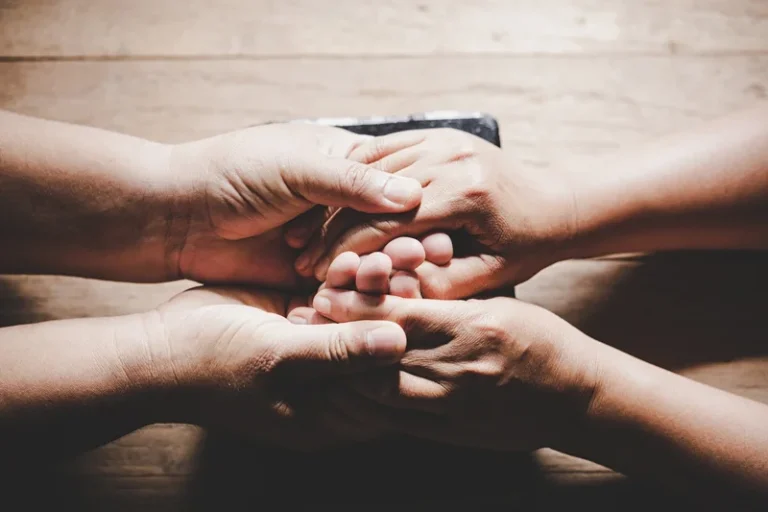
Dizziness is a common symptom of the dehydration that comes with a hangover. When you’re dehydrated, your blood pressure drops, which limits blood flow to your brain and causes dizziness. The study also suggested that heart rate increases as you drink more alcohol, and these increases can raise your risk of arrhythmia, an irregular heartbeat. Other people seem to be able to get away with several drinks, or even a night of heavy drinking, without experiencing much in the way of next-day effects. Time without alcohol use is the only true remedy for a hangover. Popular strategies such as cold showers and coffee drinking can briefly increase alertness.

7 ways to cure your hangover

The catch is that you need to drink it before you have alcohol. Some people say that getting fluids through an IV can help ease hangover symptoms. This method has the informal name of “drip bar.” It can be pricey, and health insurance doesn’t cover the bill. But there’s no need to pay for IV fluids when you can drink a glass of water for free.

Hangover: The Fastest Way to Cure It
- The best way to prevent hangovers is to avoid alcohol entirely or drink in moderation, giving the body plenty of time to process the alcohol before consuming more.
- Alcohol dehydrates you by boosting the amount of urine your kidneys make.
- Dehydration symptoms include dizziness, lightheadedness, fast heartbeat, irritability, and fainting.
- And other research suggested that people who took extract of prickly pear cactus before drinking had less severe hangovers.
- If you don’t eat anything and drink on an empty stomach, for example, you may feel worse because your bloodstream will take in the booze more quickly.
In addition, some people may be born with a genetic predisposition to developing worse hangovers than others. This article explains why hangover headaches occur, especially in people with underlying migraine disorders. It presents some home remedies to treat your headache until the hangover passes.
How common are hangovers?
Drinking dark liquors (such as whiskey) tends to lead to more severe hangovers due to chemicals called congeners in the drinks. A hangover headache—also called a delayed alcohol-induced headache—usually comes on the morning after drinking the night before, once the alcohol is out of your system. In general, a hangover is highly unpleasant but not dangerous.
Other Substances That Contribute to Hangover Symptoms
Understanding what causes a hangover headache can help you take steps to mitigate the symptoms, plus give you a heads-up on how to avoid another one in the future. There are slight differences in how quickly or slowly different people how long does a hangover last metabolize alcohol, but the physiology of a hangover is very similar between one person and another. Ultimately, the only surefire remedy for a hangover is to avoid getting one by drinking in moderation or choosing not to drink. You may build a tolerance to alcohol if you drink enough consistently. This occurs when your body learns to adjust to the presence of alcohol and produce more enzymes to break down alcohol in your system. Drinking alcohol, especially if you’re already dehydrated or becoming dehydrated, can make it harder to focus on certain tasks, react during situations, and make decisions.
- Fruit juices can also help to boost your blood sugar.
- It’s possible to reduce hangover symptoms by eating food and drinking plenty of water while you’re consuming alcohol, but there’s only so much you can do to avoid one.
- They include body weight, sex, alcohol type, and a person’s drinking speed.
- Early research shows that probiotics may help in some way, and private companies hope to make products — that you’d take after drinking or before — to ease symptoms.
Like alcohol, certain over-the-counter pain relievers, including aspirin and ibuprofen, can increase acid release and irritate the lining of the stomach. Proceed with caution when using these medications before or after consuming alcohol. Some people have a headache a few hours after drinking wine — especially red wine. But it’s different from a hangover, which may or may not include a headache. It’s possible that some chemicals in wine and how the body responds to them could result in a headache after drinking wine. More research is needed to find the exact cause of wine headache.
But many factors — such as your biology and the amount of alcohol you’ve consumed — might affect how long your hangover lasts. A missed meal can also make hangovers last a lot longer, with Abdeh advising “you should always line your stomach with a meal before you start to drink. Therefore, you should always read the information that comes with any medicine you take to see if there are any specific alcohol warnings. Alcohol is a diuretic, leaving you feeling dehydrated, so if you have not managed to rehydrate yourself sufficiently, you may feel this effect for some time. But by inhibiting ADH, water is instead urinated out at a faster rate than you’re adding fluids back. Hydration can help to ease a hangover but it does not completely alleviate the symptoms.

© 2024 Harvard Health Publishing® of The President and Fellows of Harvard College
- However, the progression and severity of symptoms over time can vary from one person to the next.
- But when the alcohol wears off, your nervous system must readjust.
- The idea behind this popular hangover remedy is that taking another drink will ease the effects of the last few you had.
Some additional treatments that may help are listed below. Alcohol can direct heavier blood flow to areas in your pancreas known as islets. This causes your pancreas to make more insulin, which can make your blood sugar drop. Let’s look at how to tell the difference between a mild, temporary hangover that you can treat at home and one that may need some extra medical attention. Congeners are chemical by-products of the fermentation process that gives alcoholic drinks their distinctive flavor.
How do I treat a hangover?

Hangovers are very common in people who consume too much alcohol. In one study, researchers found that about 75% of people who drank excessively the night before reported hangover symptoms. The researchers concluded that 25% to 30% of people who drink may be resistant to hangovers. You drank too much last night, and now you feel it all over your body. It can be tempting to try quick hangover remedies, like a shower, coffee or greasy breakfast. But the best hangover cure is to wait it out and drink lots of water.
Health Challenges
But you can have symptoms after consuming just one or two drinks the night before, while other times, you might not experience a hangover even after consuming large amounts of alcohol. Some people deficient in a protein called alcohol dehydrogenase 2 (ALDH2) may experience some symptoms similar to a hangover during intoxication. These symptoms include flushing, sweating, and an increased heartbeat. While this is not technically a hangover, it can feel like one. These symptoms include dehydration, depression, headache, anxiety, appetite suppression, difficulty concentrating, nausea, and sleepiness. Some people rehydrate using sports drinks containing electrolytes to ease hangover symptoms.